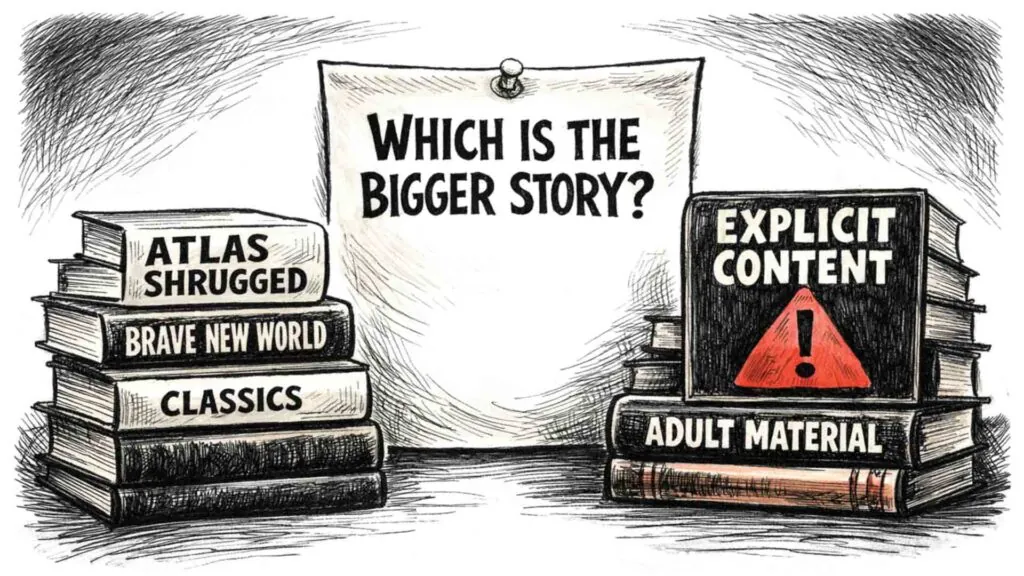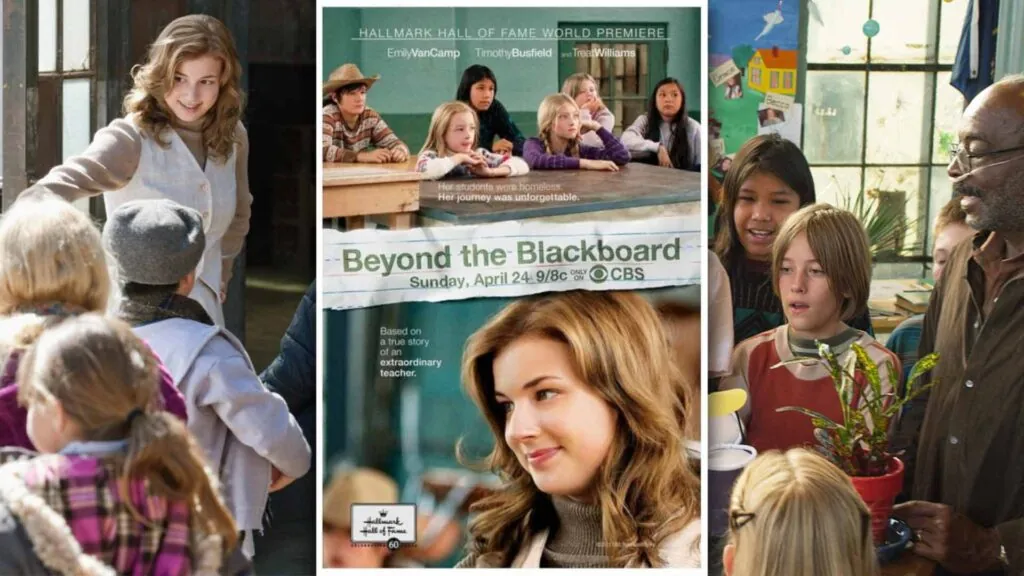
RP is looking for a Managing Editor!
Are you looking for a meaningful and long-term career where you can devote your time to equipping Christians to think, speak, and act like Christ?
With thankfulness to God, the Reformed Perspective Foundation is looking to expand our team and mission with a significant new role:
MANAGING EDITOR (FULL TIME)
This new role will serve as the operational backbone of the team. He or she will keep all of RP’s content moving seamlessly from start to finish. A key function will be to ensure content is published in a timely way and blesses as many people as possible through a variety of mediums. Depending on qualifications and experience, we also welcome assistance with creating content (e.g. journalism or video production).
The goal for the successful candidate is to work towards serving as the “integrator” for the RP team, as modeled in the Entrepreneur Operating System (EOS).
He or she will help enable RP to achieve our long-term goal of expanding our reach to the USA, Australia, and the broader Christian community in Canada.
We are looking for someone who is:
- Excited about devoting their life to advance our core purpose (helping Christians to think, speak, and act in Christ);
- Is fully committed to furthering our core values:
- Biblical: faithful to God’s Word and the Reformed confessions;
- Inspiring: a catalyst for action and a connecting to hearts
- Real: applying God’s Word to the nitty gritty of life
- Celebratory: Christ is LORD and has already won!
- Very organized and efficient;
- Excellent with utilizing technology;
- Comfortable with managing the Entrepreneurial Operating System (EOS);
- A great communicator, including with people who work remotely;
- Friendly and kind while being able to ensure things get done;
- Self-motivated;
- Humble;
- Looking to serve long-term (ideally a minimum of 5 years).
The position will report to the Executive Editor, Mark Penninga. Duties will include:
- Work towards managing the RP team processes/systems, including running meetings and ensuring goals are being tracked and met;
- Ensure content submissions are received, thanked, and followed-up;
- Schedule content deadlines;
- Assigns tasks and deadlines to writers, editors, designers, and fact-checkers and ensure they are kept;
- Develops creative ways to make content go further through new technology and other mediums (electronic, audio, video, etc.);
- Oversee roll-out of contests/presentations/conferences (to fit with organizational schedule);
- Tracks analytics of all content;
- As much as possible, proactively guard the organization from censorship and similar challenges;
- Depending on qualifications, assist with content production (writing, podcasting, video production, etc.).
Salary/wage: Open to negotiation and in-keeping with industry standards.
Location: Our office in Smithers, BC.
Deadline for applications: August 15 (We will keep the position open till it is filled. We reserve the right to not fill the position or to extend the deadline).
Requirements: Must be a member in good standing of a confessional Reformed church in Canada or the US (a church that upholds the Three Forms of Unity or Westminster Standards). Six month trial period required.
Interested? To apply, please send an application to RP’s Executive Director Mark Penninga ([email protected]). Please include a resume, at least two references (including an elder or pastor), and a letter introducing yourself and explaining your qualifications for the position.

News, Pro-life - Euthanasia
No jail for man who admits to killing his partner
“An Ottawa man who pleaded guilty to manslaughter in the death of his ailing husband has been sentenced to two years less a day of house arrest for an act the judge called ‘in every respect an assisted-suicide mercy killing.’”
So began a news story from the CBC, which went on to explain that Philippe Hébert, 74, killed Richard Rutherford, 87, on April 15, 2022. Rutherford was struggling with health challenges and a recent cancer diagnosis, and Hébert was tired and stressed by Rutherford’s condition, compounded by fears that Rutherford would be isolated due to Covid restrictions.
At the sentencing hearing on February 17, Justice Kevin Phillips explained the light sentence by noting that Rutherford wanted to die.
“Phillips said despite the killing being ‘close to murder,’ Hébert was honouring the ‘last wish’ of his husband and friend. Rutherford had the mental capacity to make that decision, and given his medical condition it was understandable, the judge said.”
The CBC story, and others like it, painted a picture of how Hébert was a model citizen and was surrounded by supporters in the court room.
In law, as in journalism, words matter a great deal. In this case, the reader is led to feel understanding, and perhaps even gratitude, for Hébert’s willingness to honor the “last wish” of his partner.
But if we avoid the euphemisms and speak the plain truth, a very different picture emerges. According to the National Post, Hébert woke up to find that his homosexual partner Rutherford was crying. Hébert claims that Rutherford couldn’t go on living and wanted him to help him end his life. In response Hébert promised he would end his own life after killing Rutherford. According to Hébert ‘s testimony, he used an incontinence pad to suffocate Rutherford, then attempted to end his own life, and called 911 for help. As a result, Rutherford is dead and Hébert gets to carry on living at home, without the burden of Rutherford’s care.
Of course, with Mr. Rutherford now dead, we have no idea whether he actually asked to be killed.
Decisions and media coverage like this only further erode the sanctity of life. When Canadian law treats murder as medicine, then how can society be all that critical of someone who takes it upon himself to deliver that “treatment”? When killing-is-caring is logically extended, what protection does it give to others who are vulnerable and may be seen as a burden to their caregivers?
There is only one line that can be drawn here: that no one should murder another (Gen. 9:6) because our lives are not our own, but entrusted to us by our Maker. That will be too Christian for many, but then we can challenge them to offer any other standard that can hold scrutiny. What other line can they propose that won’t be struck down as by a court because it unfairly limits others? If it is compassionate to murder someone suffering from cancer, why isn’t it compassionate to offer the same “treatment” to someone suffering from depression? By what standard – once God’s law is abandoned – can any one be denied this inexpensive, immediate, and sure cure for suffering?
Today's Devotional

February 24 - History as his story
“The Lord brings the counsel of the nations to nothing; he frustrates the plans of the peoples. The counsel of the Lord stands forever, the plans of his heart to all generations.” - Psalm 33:10-11
Scripture Reading: 2 Kings 8:16-29
For the secular person, studying history can be so disappointing and discouraging. History is filled with heart-wrenching events. We see the inhumanity of man >
Today's Manna Podcast

The Son's salvation means dedication
Serving #1128 of Manna, prepared by P. Holtvluwer, is called "The Son's salvation means dedication".














































